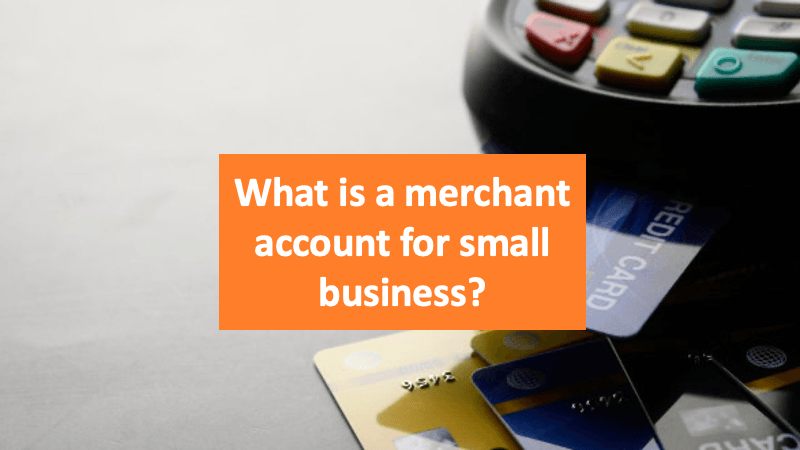What is a merchant account for small businesses?
Table of Contents

If you’re a small business owner, you may have heard the term “merchant account” thrown around but may not fully understand what it means. In simple terms, a merchant account is a type of bank account that allows businesses to accept payments via credit or debit cards.
Having a merchant account can be crucial for small businesses, as it allows them to accept a wider range of payment options, which can ultimately lead to higher sales and revenue. In this post, we’ll explore what merchant accounts are, how they work, and why they’re important for small businesses.
What is a Merchant Account?
A merchant account is a type of bank account that allows businesses to accept payments made via credit or debit cards. When a customer makes a purchase using their card, the funds are deposited into the merchant account and then transferred to the business’s regular bank account.
Merchant accounts are typically set up by payment processors or merchant service providers, who act as intermediaries between the business and the banks that issue the cards. These providers charge fees for their services, which can include setup fees, transaction fees, and monthly fees.
Check out this article for a comprehensive guide on merchant accounts: The Most Complete Guide on Merchant Accounts.
How do Merchant Accounts Work?
When a customer makes a purchase using their card, the transaction is processed through the payment processor or merchant service provider. The provider verifies the customer’s card information and ensures that the transaction is valid. If it is, the funds are transferred from the customer’s account to the merchant account.
The funds in the merchant account are typically held for a short period of time before being transferred to the business’s regular bank account. This delay is to allow for any potential chargebacks or disputes to be resolved.
Why are Merchant Accounts Important for Small Businesses?
Accepting credit and debit cards can be crucial for small businesses, as it allows them to accept payments from customers who may not have cash on hand. Additionally, accepting cards can make the checkout process faster and more convenient for customers, which can lead to higher sales.
Having a merchant account also allows businesses to accept payments online, which can be a huge advantage in today’s digital age. Online sales are growing at a rapid pace, and businesses that don’t accept online payments may be missing out on a significant portion of the market.
Finally, having a merchant account can help small businesses build credibility with customers. Accepting credit and debit cards is a standard practice for most businesses, and not being able to accept them may make customers question the legitimacy of the business.
Conclusion
A merchant account is a type of bank account that allows businesses to accept payments via credit or debit cards. Having a merchant account can be crucial for small businesses, as it allows them to accept a wider range of payment options, which can ultimately lead to higher sales and revenue. If you’re a small business owner, it’s worth considering setting up a merchant account to help your business grow and succeed.
Was this article helpful?
We are a team of writers and contributors with a passion for creating valuable content for small business owners, self-employed, entrepreneurs, and more.
Feel free to reach out to use as support@falconexpenses.com





